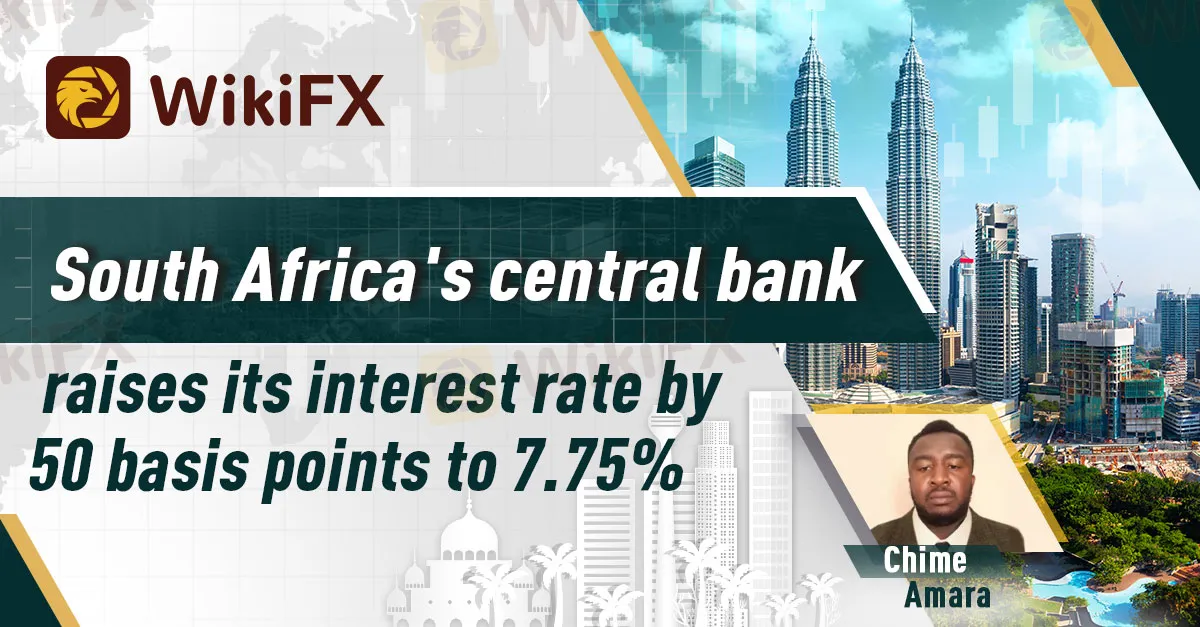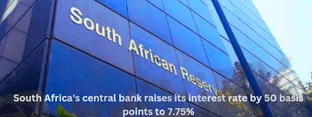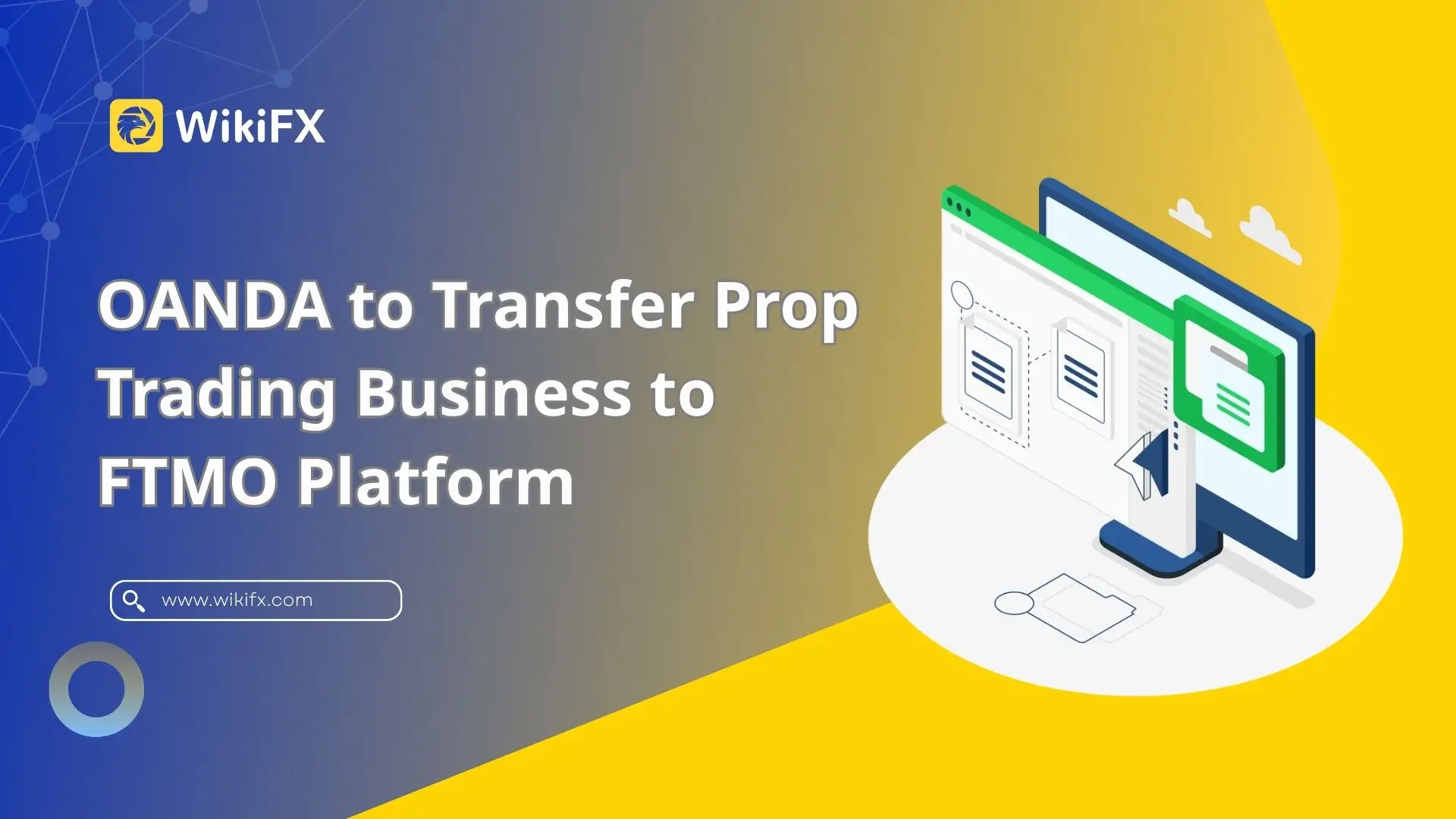Abstract:South Africa's central bank has raised its main lending rate by 50 basis points to 7.75% last week's Thursday in an effort to curb it's rising inflation rate.

By: Chime Amara

South Africa's central bank has raised its main lending rate by a surprising 50 basis points to 7.75% in an effort to curb it's rising inflation rate. The current hike came much higher than the market expectations of just 25 basis points.
This marks the ninth consecutive time the South African Reserve Bank has raised rates, adding a total of 425 bps to the repo rate since tightening policy in November 2021.
The move comes after February consumer inflation in South Africa rose to 7.0% year on year from 6.9% in January, indicating that nationwide power cuts may be driving price pressures. The central bank aims to keep inflation between 3% and 6%.
The Monetary Policy Committee was divided in its decision, with three members advocating for a 50 bps increase and two favoring a 25 bps increase. Central bank governor Lesetja Kganyago cited risks to the inflation outlook, stating that despite easing of producer price and food inflation, global price levels remain elevated, while electricity prices and other administered prices present short- and medium-term risks.
Kganyago also noted that the headline inflation rate in South Africa has been primarily driven by fuel, electricity, and food price inflation. He further revealed that he expects food and fuel inflation to ease gradually, up to 4.9% by 2024 and 4.5% in 2025.
Market analysts expressed surprise at the central bank's decision, with some noting that the higher outlook towards food and core goods inflation prompted the move. FNB Chief Economist, Mamello Matikinca-Ngwenya, said the road ahead is precarious, indicating uncertainty in the economic growth prospects. The rate hike has also triggered a surge in the rand, which rose nearly 2% against the dollar.
Overall, the central bank's decision to raise interest rates by 50 basis points is a sign of its determination to address rising inflation, even if it comes as a surprise to many market analysts. The impact of the rate hike on the South African economy remains to be seen, but the central bank's cautious approach suggests that it is closely monitoring the situation and taking steps to address any risks to economic stability.












